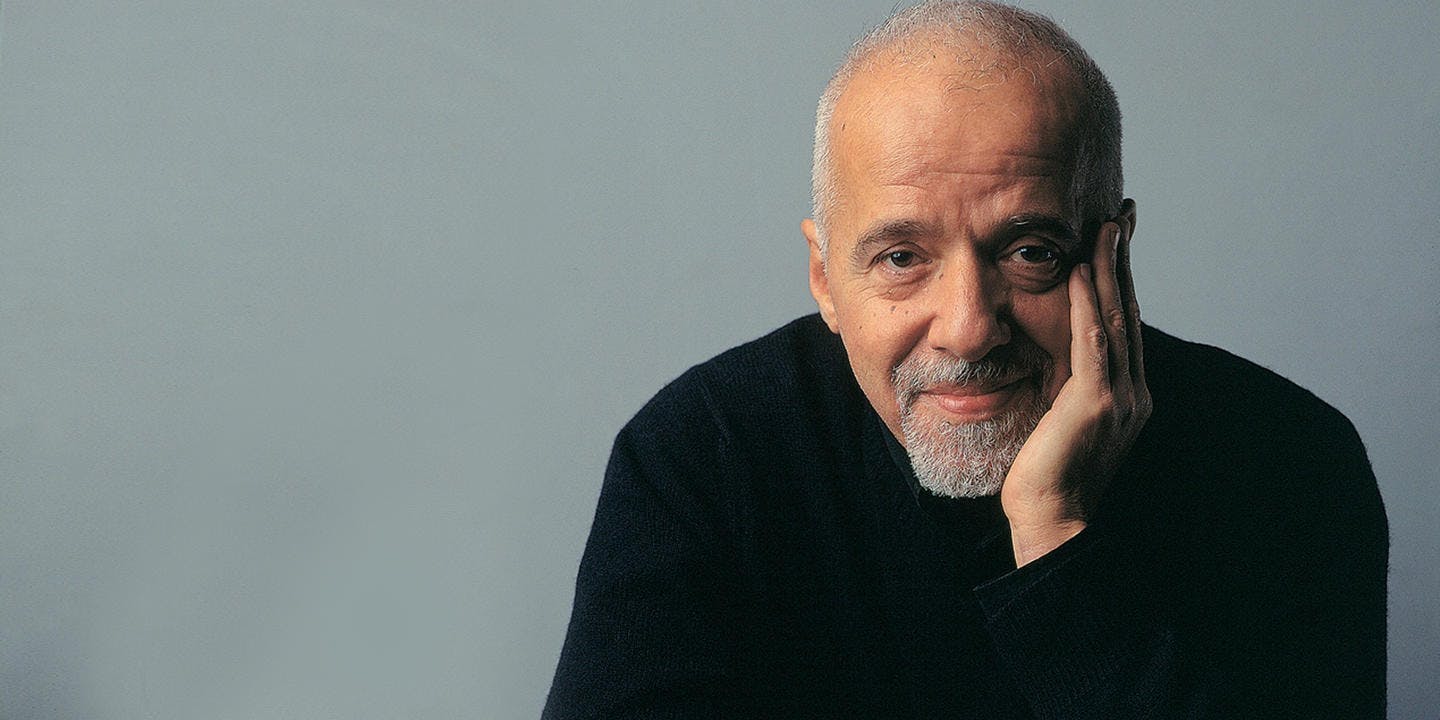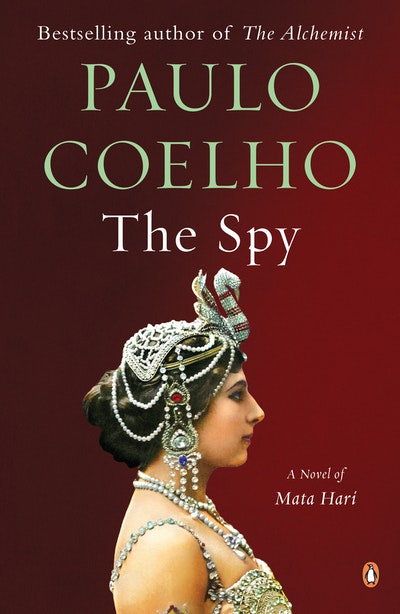A conversation on writing, history, and more, with the author of The Spy.
In the form of a letter, Paulo Coelho’s 2016 novel, The Spy, tells the unforgettable story of a woman who dared to break the conventions of her time, and paid the price. Here he answers some questions about the inspiration behind telling this story, and discovering the voice of the famed French dancer, Mata Hari.
Who was Mata Hari, and why did you choose her as the subject for your new novel?
Mata Hari was one of the icons of the hippie generation – the bad girl, the different, the stranger, wearing all those fancy dresses – and we were all fascinated by her. Forty years later, I was having dinner here in Geneva, Switzerland with my lawyer, and he mentioned the many cases of innocent people who were condemned to death during World War I, which we are only learning about now because they are declassifying many wartime documents. Mata Hari was only one of his examples, but because she had always interested me, I did some quick research online when I got home.
This research led me to a lot of these documents, and to more and more information about her. The next day I bought some books and spent my weekend compulsively reading anything about Mata Hari. I did not know then that I was (sort of) doing research for a book; I only realized it when I decided, as an exercise of imagination, to put myself in her shoes.
How did you research her life and that era? What did you find most surprising about her life?
The most surprising thing is how a woman who had been abused till she was twenty could overcome this situation and become who she became. As for the Belle Époque Paris, it was an era of ‘everything is possible.’ I was very intrigued by it, and I worked to keep the book centered in its main character. The tendency of a writer is to describe too much. I give an idea about her era, and I try to situate the reader without overloading them with information.
At the end of the book, you say that you stuck to many of the facts. Where did you stray from the historical record, and why?
The facts in the book are correct, the historical track is correct, but I did put myself in the shoes of someone else. It is hard to say ‘where did I stray?’ in my imagining of Mata Hari’s final letter. But I believe I was very, very close to what she was thinking. About two months ago, a museum in the Netherlands made public some new letters of Mata Hari, which she wrote in Holland, before she went to Java. One reviewer said that it was as if I had ‘channeled’ her.
Why did you choose to make this an epistolary novel?
When you write a letter, it gives you the opportunity to describe your own life to someone who is seeing it from the outside.
How did it feel to write from Mata Hari’s perspective?
She became my companion, night and day, while I was reading about her era. And I began to understand how, being who she was, she would justify her attitude.
Mata Hari was something of a celebrity, gaining fame as a femme fatale. She created her celebrity using both talent and lies. What are the lessons we can learn from this complicated woman?
That 1) every dream has a price; 2) when you dare to be different, be ready to be attacked; 3) even when you face a hostile (masculine) world, you can find a way to circumvent this.
What led to her execution by firing squad? Can you imagine a different outcome for her life?
I never speculate about ‘if’ or about what could or could not be. She fulfilled her destiny, and that is what counts.













